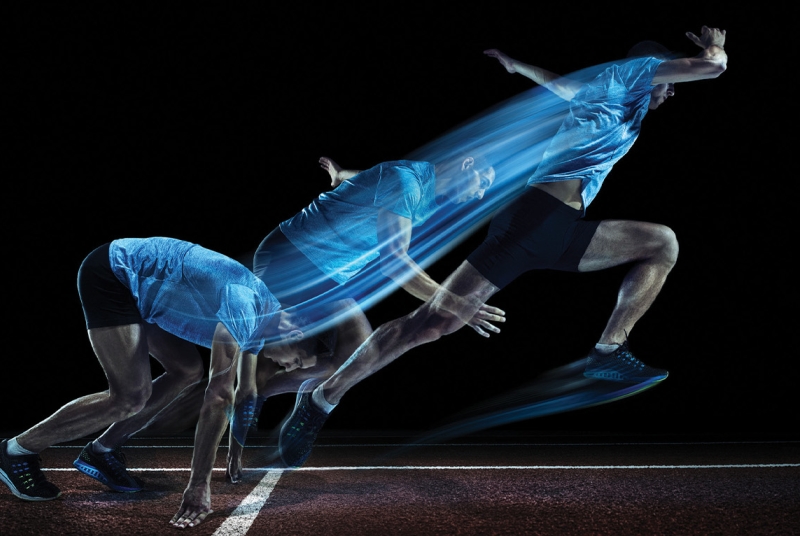
Ask the Expert: Athletic Potential
“The core principles of learning and performance are remarkably consistent across all domains—not just in sports but also in music, medicine, public speaking, and beyond,” says Driggers. Before coming to Dartmouth in early 2024, Driggers spent 11 seasons with the Kansas City Royals, the last four as senior director for performance studies. “We often say that peak human performance sits at the intersection of the Venn diagram between Travis Kelce and Taylor Swift—two exceptional performers in entirely different fields, yet they share more of their playbook than you may think. Whether you want to improve your skills in sports, surgery, music, chess, or computer programming, the following principles can help,” Driggers says.
Sleep
“The past decade has seen an explosion of performance technology in sports, but sleep has even greater impact. If you don’t sleep well, you won’t perform up to your potential. Period. Sleep is essential for both the brain’s readiness to learn and its ability to retain new levels of mastery after the fact. While we sleep, the brain experiences spectacular neurological bursts called sleep spindles, which help solidify what we’ve learned. Think of it as the brain saving new skills and knowledge to long-term storage. Most adults need seven to nine hours of sleep per night. You can maximize sleep quality by viewing early morning sunlight, avoiding bright light in the evening (including smartphones), and creating an optimal sleep environment—cool (67 degrees is ideal), dark, quiet, and comfortable. Alcohol and caffeine later in the day can have a pronounced negative impact on sleep quality.”
Targeted Challenge
“In almost all areas of life, growth happens outside our comfort zone. The most effective way to improve in any domain is through deliberate practice—a highly focused form of training that pushes us just beyond our current skill level. This isn’t casually plucking away at a guitar on a sunny afternoon; it’s about summoning tremendous effort and intent to stretch beyond our current skill level. Learning is not optimized at our peak level of performance—it actually happens just beyond it. To improve and not just reinforce skills, we must reach one rung further up the ladder to the optimal challenge point—the threshold where tasks feel ‘just manageable’ or ‘pleasantly frustrating.’ Even if this injects more failure into our performance, our brain is actively problem solving and locking in the solutions we do get right.”
Reframe Failure
“If you follow the guidance above, you’ll encounter more failure. And that’s a good thing! Failure gets a bad rap, but unless it’s truly disrupting your life or well-being in meaningful ways, it’s a gift. Failure presents us with the data we need to chart a path to improvement. Frustration is normal, but the sooner we shift our focus from disappointment to problem solving, the sooner we progress. Timely, high-quality feedback is another critical ingredient that helps us turn failure into improvement.”
The Right Guidance
“One of the best ways to accelerate progress is with guidance from a mentor or coach. This is more accessible than you think because you don’t need the best expert or coach in the world—just someone a little ahead of you. Research suggests that keeping the gap between teacher and student smaller is often more effective. If I wanted to improve my skiing, I’d likely make faster progress with an instructor at the Dartmouth Skiway than with Mikaela Shiffrin or her coach. Whatever your craft, the principles remain the same. Now, go get better.”











